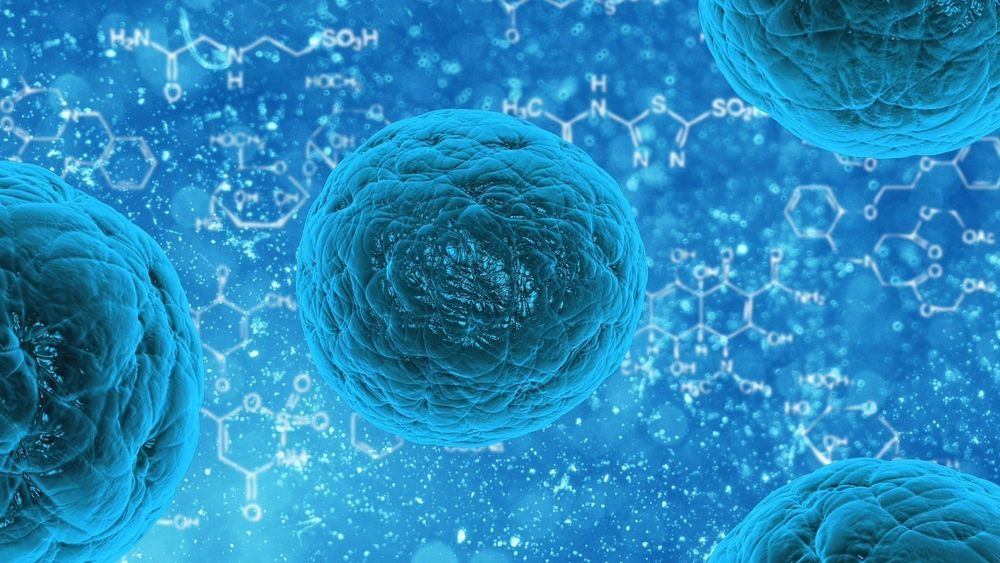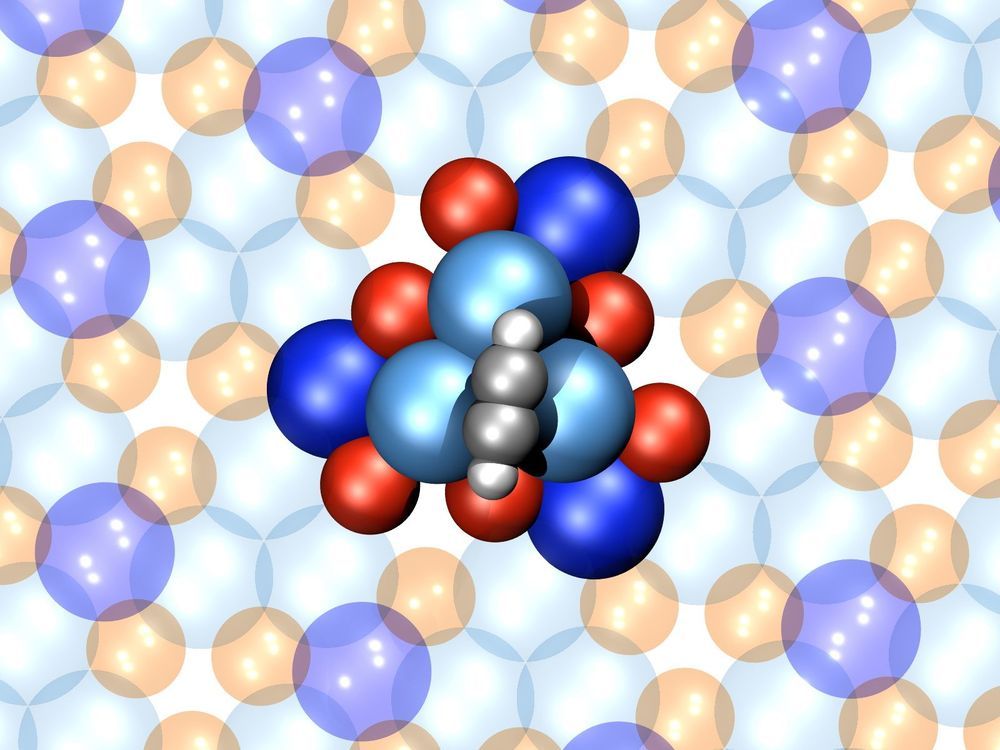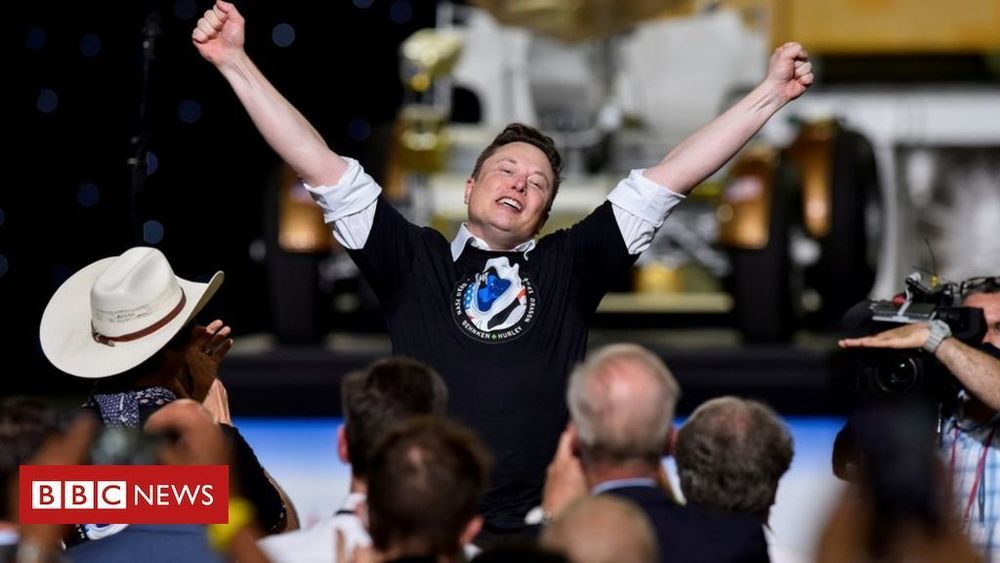Jun 17, 2020
CAR T cells beyond cancer: Targeting senescence-related diseases
Posted by Kevin Huang in categories: bioengineering, biotech/medical, genetics, life extension
Chimeric antigen receptor (CAR) T cells have transformed the treatment of refractory blood cancers. These genetically engineered immune cells seek out and destroy cancer cells with precision. Now, scientists at Memorial Sloan Kettering are deploying them against other diseases, including those caused by senescence, a chronic “alarm state” in tissues. The scope of such ailments is vast and includes debilitating conditions, such as fibrotic liver disease, atherosclerosis, and diabetes.
Key to the success of CAR T cell therapy has been finding a good target. The first US Food and Drug Administration-approved CAR T cells target a molecule on the surface of blood cancers called CD19. It is present on cancer cells but few other normal cells, so side effects are limited.
Taking their cue from this prior work, a team of investigators including Scott Lowe, Chair of the Cancer Biology and Genetics Program in the Sloan Kettering Institute, and Michel Sadelain, Director of the Center for Cell Engineering at MSK, along with their trainees Corina Amor, Judith Feucht, and Josef Leibold, sought to identify a target on senescent cells. These cells no longer divide, but they actively send “help me” signals to the immune system.

















